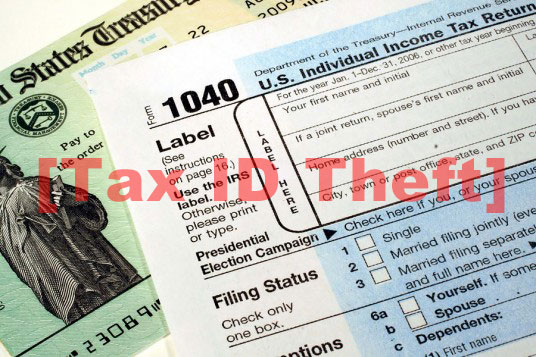Victims of identity theft continue to experience delays and errors in receiving their income tax refunds from the IRS, according to a report publicly released today by the Treasury Inspector General for Tax Administration (TIGTA).
This audit follows up on a report from 2013 which concluded that the Internal Revenue Service was not providing quality customer service to identity theft victims. The objective was to determine whether the IRS is improving its assistance to victims of identity theft.
On average, the IRS took 278 days to resolve the tax accounts of identity theft victims due a refund, according to TIGTA’s review of a statistically valid sample of 100 identity theft tax accounts resolved in the Accounts Management function in Fiscal Year (FY) 2013. That is an improvement over the average 312 days it took the IRS to resolve tax accounts of identity theft victims due a refund in FY 2012.
“Refund fraud adversely affects the ability of innocent taxpayers to file their tax returns and timely receive their tax refunds, often imposing significant financial hardship,” said J. Russell George, Treasury Inspector General for Tax Administration. “While the IRS is making some progress in assisting victims of identity theft, those who have been affected by this devastating crime deserve better.”
TIGTA’s review found that the IRS continues to make errors when resolving the tax accounts of victims of identity theft. Based on the results of TIGTA’s sample of 100 identity theft tax accounts resolved during FY 2013, TIGTA estimates that of the 267,692 taxpayers whose accounts were resolved, 25,565 (10 percent) may have been incorrectly resolved, resulting in the delay of refunds or the victim receiving an incorrect refund amount.
Finally, TIGTA continues to find that the information the IRS reports related to the time period for case processing and resolution is misleading. For example, the IRS informs taxpayers who inquire about the status of their identity theft case that cases are resolved within 180 days when in fact on average it took the IRS 278 days to close the cases that it resolved in FY 2013.
TIGTA made five recommendations to the IRS, including that it develop processes and procedures to: ensure that case closing actions and account adjustments are accurate; accurately calculate the average time it takes to fully resolve taxpayer accounts affected by identity theft; and, accurately report the number of identity theft cases resolved to include only those taxpayers for whom the IRS fully resolves their account and issues any refunds due.
The IRS agreed with three recommendations and partially agreed with another recommendation. The IRS disagreed with the recommendation to develop processes and procedures to calculate the average time it takes to fully resolve taxpayer accounts. TIGTA continues to believe that further actions are needed to improve its tracking of these timeframes. Until this is corrected, the IRS will continue to provide an inaccurate account resolution timeframe to taxpayers due a refund.
Thanks for reading CPA Practice Advisor!
Subscribe Already registered? Log In
Need more information? Read the FAQs
Tags: Income Taxes, IRS, Taxes




